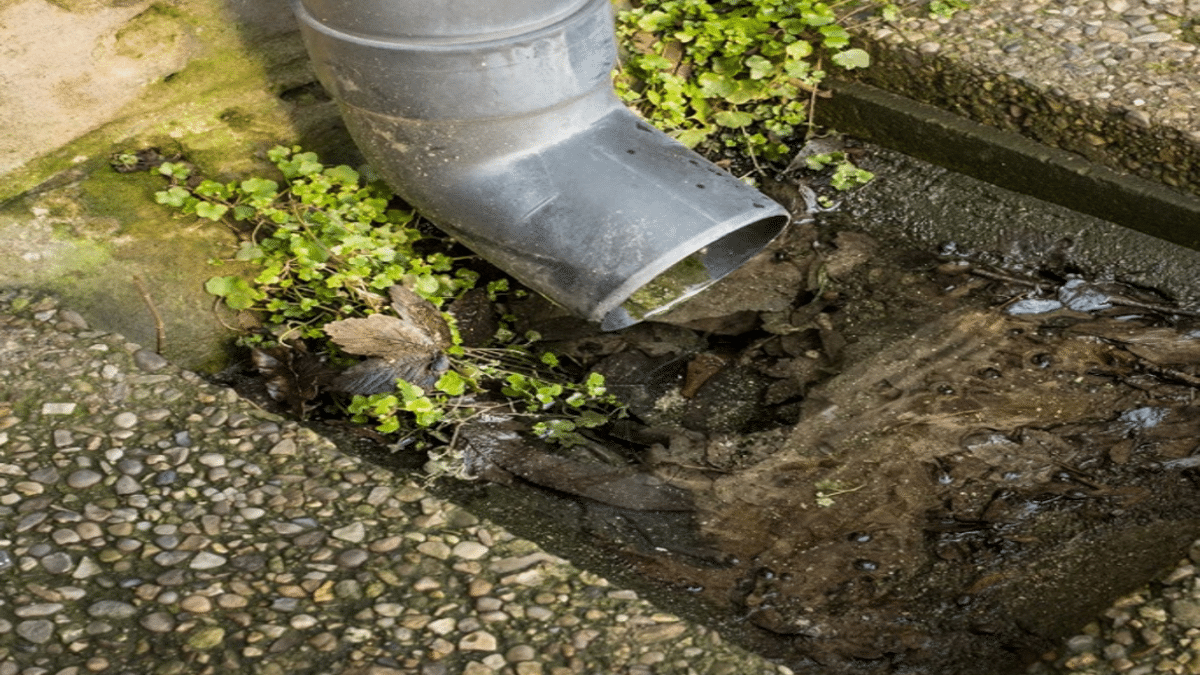One of the downsides of being a homeowner is that you have to deal with a range of unpleasant maintenance issues. One of the more common of these is blocked outdoor drains. While these can often go unnoticed because they’re not indoors, it’s essential to have these blockages cleared before they escalate into a massive issue.
Some homeowners prefer to clear basic blockages as a DIY job, but many locals opt to avoid the hassle altogether and opt for using the drainage plumber Brisbane residents rely on. If you’re dealing with a minor blockage, there are a few DIY options you can try before calling the experts. Keep reading as we explore these options.
Contents
Understanding Why Outdoor Drains Get Clogged
Blocked drains are an issue as old as the concept of having drainage systems on your property. As long as you have anything flowing out of your home and into your drains, there will always be a risk of blockages. However, some drainage issues don’t always come directly from your home.
Some of the more common causes of an outdoor drain blockage include the following:
- External factors such as broken tree branches, leaves, and soil.
- Items flushed down the toilet, such as too much toilet paper, wet wipes, or sanitary products.
- Soap scum and hair from the bath and shower pipes.
- Cooking oil, grease, fat, and food scraps are being washed down kitchen drains.
Know the Risks of Ignoring Outdoor Drain Issues
There are many risks associated with ignoring your blocked outdoor drains. We’ve listed the more common problems to look out for:
- Extensive structural damage to building foundations.
- Continuous sewage spills can create unhealthy conditions.
- Water flooding back up the drain causes damage to flooring, appliances, and furniture.
- Ongoing health hazards caused by contaminated pooled water.
Try the Basic Steps to Clear Your Outdoor Drains
If you want to try a few basic DIY steps before you call your local plumber, the good news is that there are some tricks you can try. Minor blockages can easily be cleared out, but for more extensive or recurring clogs, it’s always recommended that you let a professional drainage plumber assess the situation. Here’s our list of DIY tips to try.
1. Use Boiling Water, Vinegar, or Caustic Soda
Using boiling water is one of the quickest and simplest ways to eliminate minor clogs that may have been caused by kitchen grease or bathroom soap scum. Boil a large pot of water and pour it down the offending drain to break up any oil or grease that may be stuck on the sides of the drain. It may be necessary to repeat this process several times to loosen the debris in the drain.
If there’s an odour coming from your drain, experts recommend creating a mixture of equal parts of baking soda and vinegar. Pour this down the drain, followed by boiling water. This is a simple, but effective way to wash out bacteria and also helps to break down basic blockages. As with the boiling water, you may need to repeat this a few times.
Caustic soda is a strong chemical solution that you can also use to clear out your drain. It’s essential to follow the manufacturer’s instructions when using this product and be sure to keep it off your skin, as it can cause burns.
2. Invest in a DIY Gadget
Some drains require more than vinegar and hot water to get things moving. In these instances, it’s a good idea to invest in a few simple DIY plumbing gadgets. Plumbers recommend options such as drain snakes or plungers to help loosen and move built-up gunk along.
For smaller, easy-to-reach drains, consider using a wire hanger to make your handy drain snake. Here’s how:
- Remove the plastic coating from a wire hanger.
- Straighten the hanger as much as possible.
- Bend one end to create a small hook.
- Push the hook end into the drain and jiggle the hanger to loosen or dig out any debris causing the clog.
3. Use a Pressure Washer
If you already own a pressure washer, you can use the jetting nozzles to create the right amount of pressure into the drain. This is an effective way to force minor clogs to break down and get moving. Your professional drainage plumber will more than likely use this as one of their go-to methods to break up any blockages.
Final Thoughts
There are several tips that you can use to get minor clogs moving along in your drain. However, when these options no longer work, you should call your plumber to deal with the issue as quickly as possible.
This will prevent a minor clog from becoming a huge problem that is not only messy but can be a health hazard that also affects the condition of your home. Opting for a professional will not only resolve the issue but may give you insight into the original cause and long-term prevention of the issue reoccurring.

